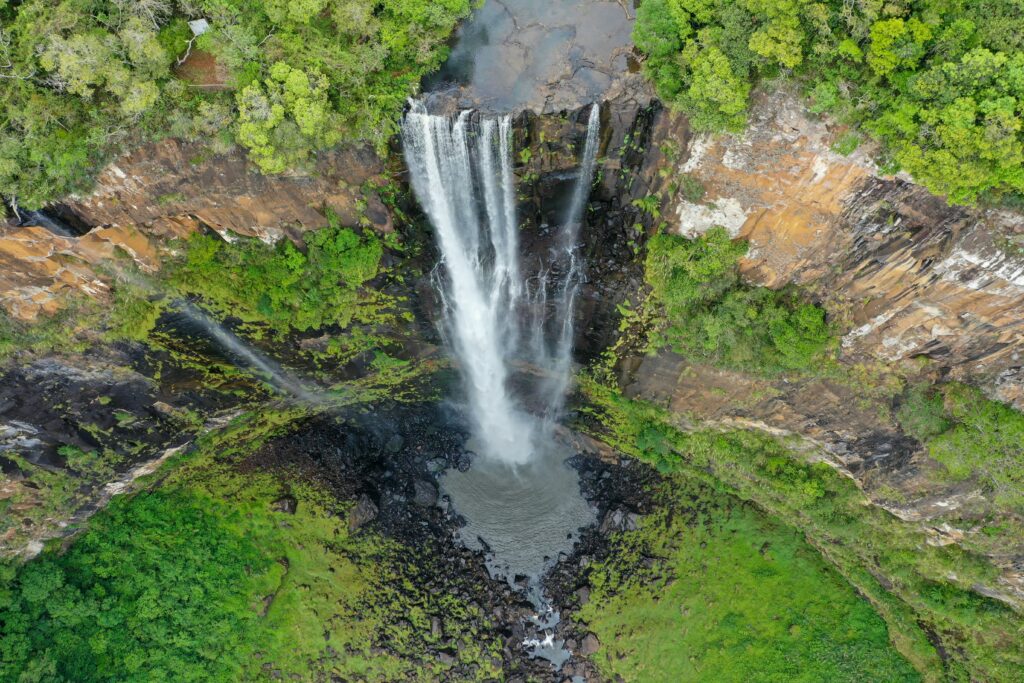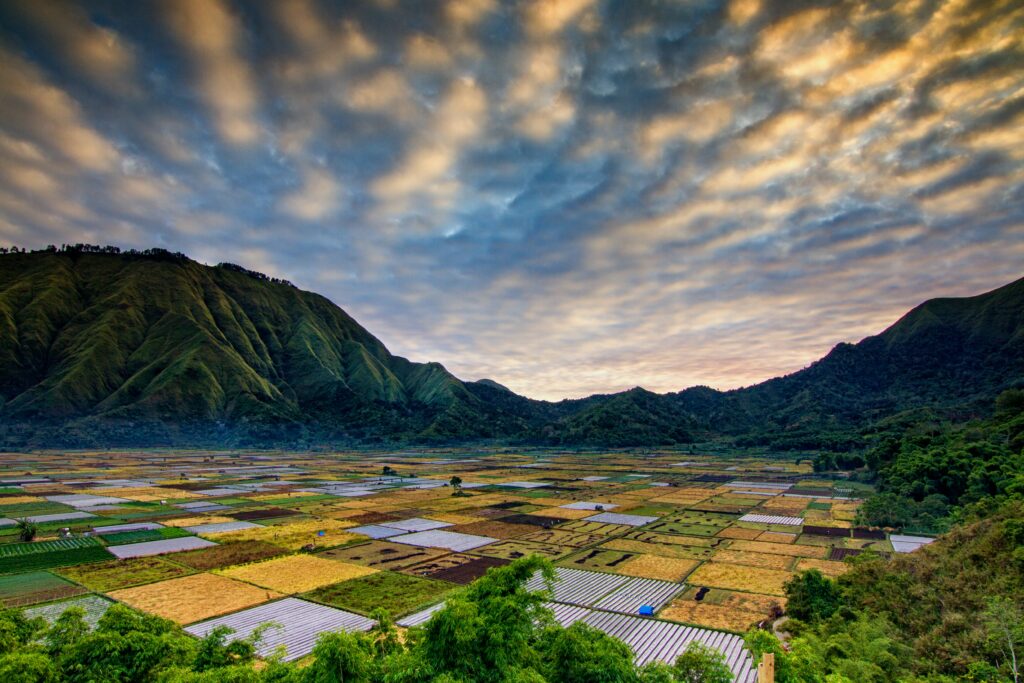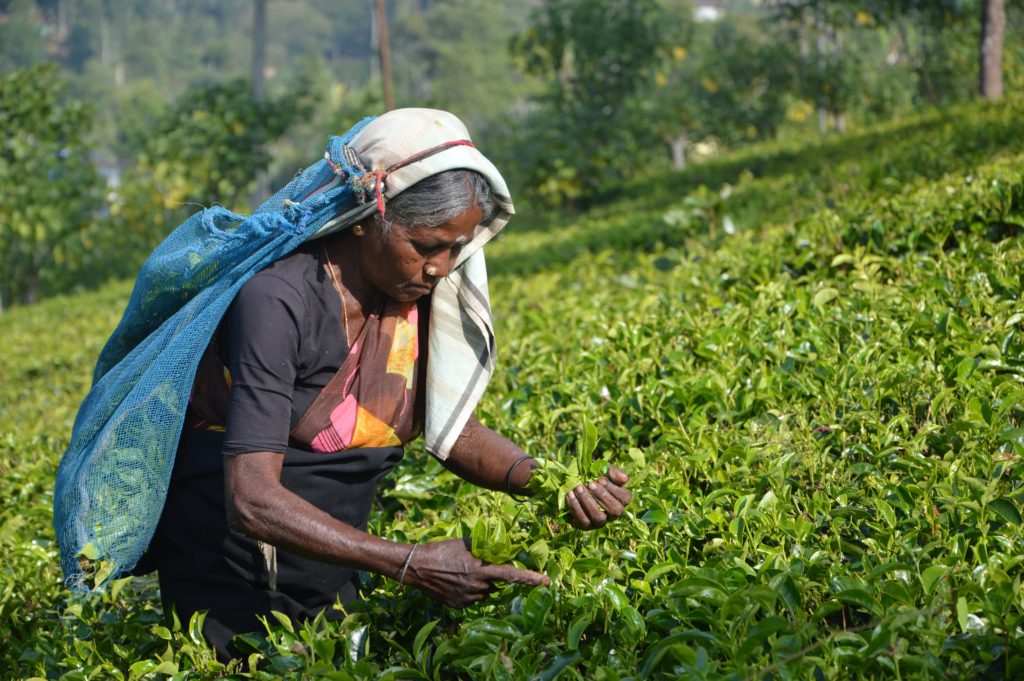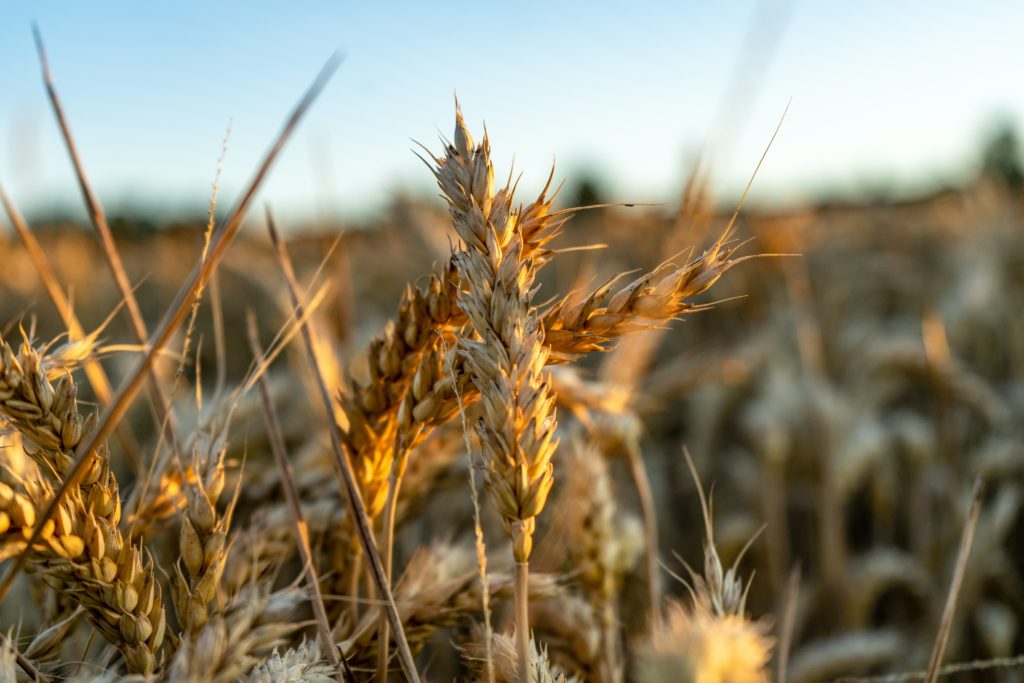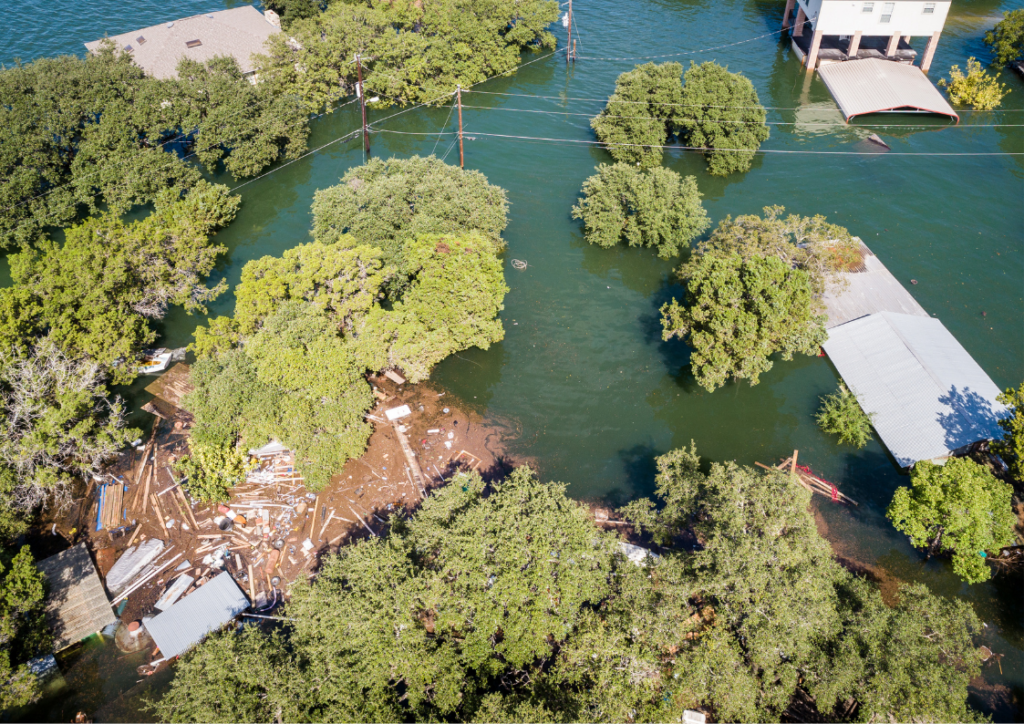Featured
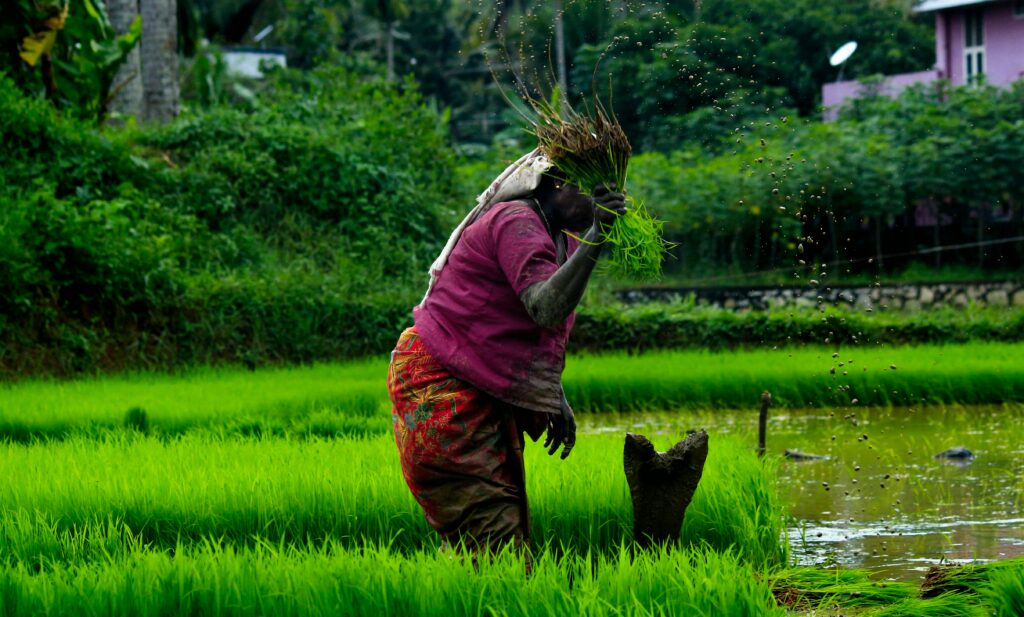
News
February 28, 2024
The UN is proposing a ‘roadmap’ for food and farming to end hunger and slash greenhouse gas emissions. While the goals are commendable, are the shifts suggested by the FAO the real deal – or just pie in the sky? Here are five tests.
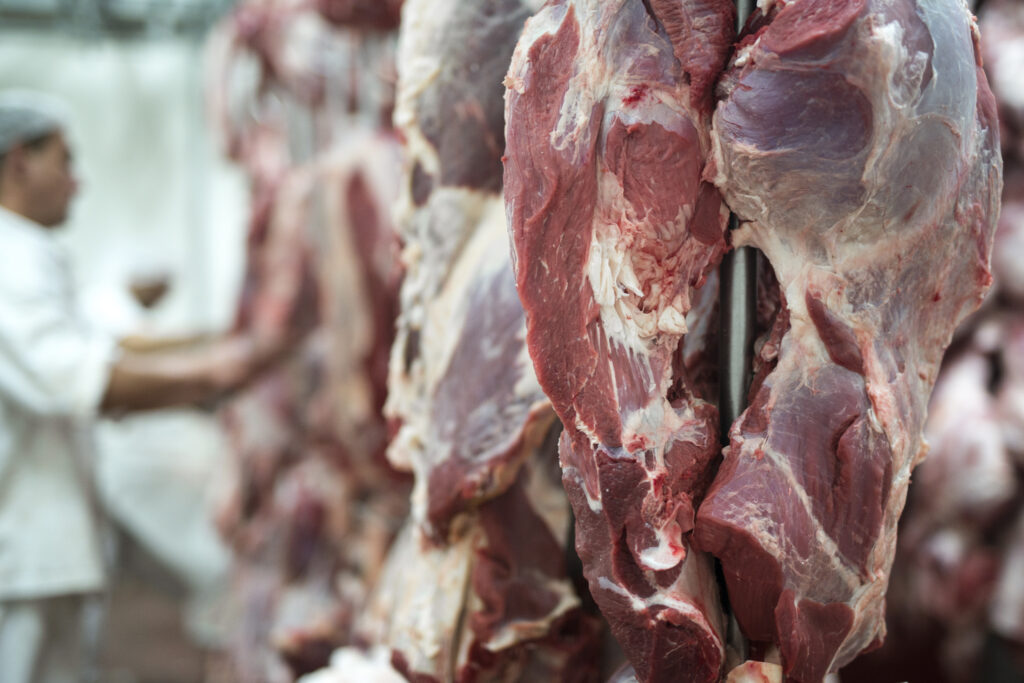
Reports
February 3, 2023
New research has found that between 2015-21, Dutch multinational banking and financial services company Rabobank, provided billions of dollars in finance to 18 of the world’s most environmentally destructive industrial livestock companies despite having a commitment to the goals of the Paris Agreement, the Dutch Climate Agreement and Commitment to Sustainable Agriculture and Forests.
Latest news
Reports
February 3, 2023
New research has found that between 2015-21, Dutch multinational banking and financial services company Rabobank, provided billions of dollars in finance to 18 of the world’s most environmentally destructive industrial livestock companies despite having a commitment to the goals of the Paris Agreement, the Dutch Climate Agreement and Commitment to Sustainable Agriculture and Forests.
October 25, 2022
A new report from the Global Alliance for the Future of Food finds that food production, processing, consumption and waste account for a third of all greenhouse gas emissions, but food systems receive just 3% of climate finance.
September 30, 2022
Italy eats the Gran Chaco Italy and Argentina have fraternal ties, linking their history and their people through multiple generations. But, unwittingly and unwillingly, Italian consumers are contributing to the destruction of the most biodiverse ecosystem of the country to which millions emigrated from the Peninsula. This is the Gran Chaco Americano forest. This happens […]
Articles
February 28, 2024
The UN is proposing a ‘roadmap’ for food and farming to end hunger and slash greenhouse gas emissions. While the goals are commendable, are the shifts suggested by the FAO the real deal – or just pie in the sky? Here are five tests.
December 13, 2023
As COP28 closes, many may be coming away feeling deflated after the fights around fossil fuel phase out. But COP28 broke some ground on food systems and nature, which have both been edging closer to the centre of gravity at climate summits after decades on the sidelines.
November 7, 2023
The next round of climate targets, timetables and money agreed in 2025 must include food and nature.
Videos
August 1, 2022
Sri Lanka’s political and economic crisis offers a stark example of what happens when debt-ridden governments enforce abrupt and unmanaged action in our food system to cut costs – without supporting a fair, inclusive transition to sustainable alternatives.
July 8, 2022
The current global food system is destroying the natural world and exacerbating the climate crisis while allowing a handful of food companies to profiteer at the expense of farmers and consumers. The Ukraine war demonstrates how vulnerable the global food system is to shocks.
March 30, 2022
Humanity is slowly starting to take climate change mitigation and adaptation seriously. But, implementation has been too slow and uneven, the IPCC WGII’s contribution to the Sixth Assessment Report states.
